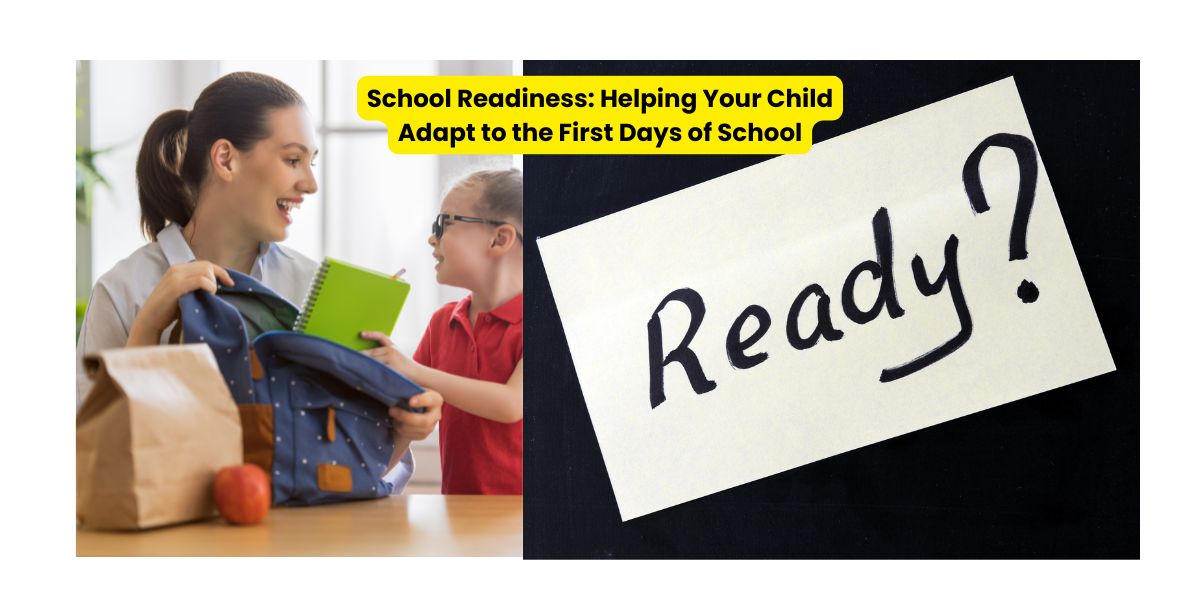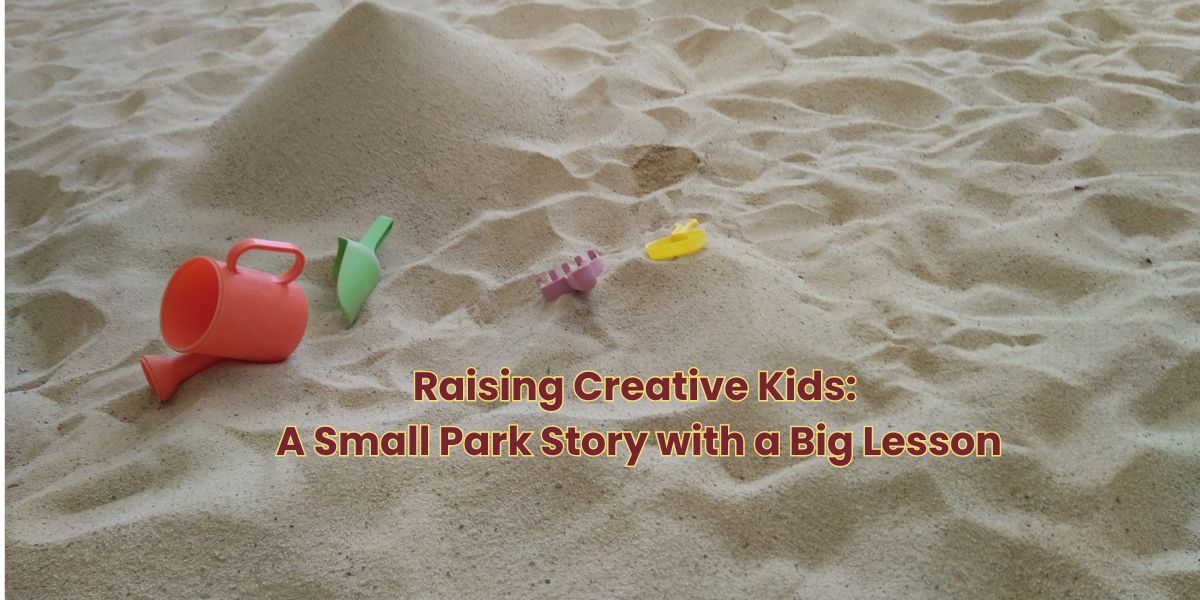
School Readiness: Helping Your Child Adapt to the First Days of School
School Readiness: Helping Your Child Adapt to the First Days of School
by Sridevi Srinivasan
I was working as a UKG class teacher. It was the first day of the academic year, and I was excited to meet all the children.
There were many funny and interesting moments during those first days, but one incident stood out. A little boy came to school, sat in his place, and started crying.
I let him be for a while, hoping he would settle down, but he kept crying. I went to him, spoke gently, and tried everything I could to comfort him. But he just couldn’t stop. Finally, I asked, “What happened, dear? Why are you crying?”
His response was absolutely adorable. He said, “Ma’am, I left my home and came to school. Now my grandma, grandpa, and mom are all alone at home. I feel bad that they must be missing me.”
I never expected such an answer from a child so young. He wasn’t crying for himself—he was worried about his family!
This moment made me realize that, as adults, we often assume what children are feeling. But sometimes, just like little Aathith, they surprise us with emotions and perspectives we never anticipated.
Is Your Child Starting School for the First Time?
If you’re a parent preparing to send your child to school for the first time, you might be wondering:
- Will they settle in?
- Will they eat their snacks?
- Will they make friends?
- Will they listen to the teacher?
- Will they behave?
So many questions arise.
I understand because I felt the same way when my son started school. I was especially worried for his teachers—my son was always on the move! I kept wondering if he would ever sit still and listen. Every day after school, I would bombard his teachers with questions.
One day, his teacher smiled and said, “You don’t need to worry. If there’s anything I can’t handle, I’ll let you know. You don’t have to check with me every day.”
That moment helped me realize that children adapt, and as parents, we must trust the process.
Now, if your little one is stepping into school for the first time, stop worrying! Instead, let’s talk about how you can prepare them for this big milestone.
What is School Readiness?
School readiness isn’t about academics. It’s about preparing children socially, emotionally, and physically so they can adjust to the school environment.
Simple activities and routines at home can help children:
- Gain independence
- Develop social skills
- Improve Motor Skills
- Express themselves confidently
Here are some practical ways to get started:
1. Encourage Independence
Let children do small tasks on their own, like:
✔ Buttoning their shirts
✔ Using zippers
✔ Cleaning up their toys
✔ Placing things in the right spot
✔ Washing their hands and plates
They may be clumsy at first, but that’s okay! The more they practice, the more confident they become. Your child may be a little prince or princess to you, but learning independence at home will help them adjust better at school.
2. Develop Social Skills
School means new friends, but making friends isn’t always easy. Young children (2.5 to 4 years) often prefer playing independently but enjoy being around others.
One key skill to develop is taking turns.
My husband and I played a simple game with our son. We would sit in a circle, take turns doing an activity, and say, “It’s my turn. Now it’s your turn.” If he took too long, I’d gently say, “I’m waiting for you to finish.”
Each time he gave up control, we praised him. Over time, he learned that sharing and waiting are important in social interactions.
3. Boost Language and Communication
Talk to your child every day about simple things:
🗣 How was your day?
📖 What book did you read?
🍲 What did you eat today?
Children learn words through conversation. A child who can express themselves (“I don’t like him taking my toy” or “My stomach hurts”) will adjust more easily in school.
4. Develop Fine Motor Skills for Writing
Fine motor skills involve small finger movements, like holding a pencil. Help your child strengthen these skills through fun activities:
🖐 Play with dough or chapati dough – let them squeeze and shape it.
🌰 Sort nuts (almonds and cashews) or grains (channa and peas).
🖍 Doodle with jumbo crayons.
✂ Tear paper, play with foam, or draw in the sand.
🥄 Use tongs to pick up small objects.
5. Introduce Pre-Math Skills
You don’t have to teach math—just introduce it naturally:
🔢 Count stairs while climbing.
🎨 Sort objects by color or size.
🧦 Match pairs of socks.
6. Prepare for Separation Anxiety
Worried about how your child will stay away from home? Start preparing early!
A month before school, talk about how fun it will be. Say, “I’m so happy you’re growing up and going to school!”
I helped my son adjust by leaving him at home for short periods. First, I stepped out for an hour, then gradually increased the time. This helped him handle separation when I eventually returned to work.
7. Encourage a Love for Books
One of my favorite topics! Read storybooks with your child. Let them sit on your lap, explore the pictures, and discuss the characters.
Want more guidance? Check out my book “Mindful Ways to Raise Confident Readers”, https://amzn.in/d/ash9skQ where I share reading strategies for young children.
8. Set a Routine
Young children thrive on routine. Establish consistent:
⏰ Eating times
🛏 Sleeping times
If your child naps late in the evening, gradually adjust their routine so they go to bed earlier. Evening walks and active play can help regulate their schedule.
9. Make Learning Fun at Home
Let children explore puzzles, building blocks, and other hands-on activities. Play-based learning makes school feel exciting rather than intimidating.
I hope these tips help you prepare your child for school. When children are nurtured well at home, they:
✔ Learn better
✔ Socialize better
✔ Handle emotions better
✔ Grow into confident individuals
If you have any questions or need guidance, feel free to reach out at Sridevi.srinivaasan@gmail.com.
Happy Parenting! 😊



